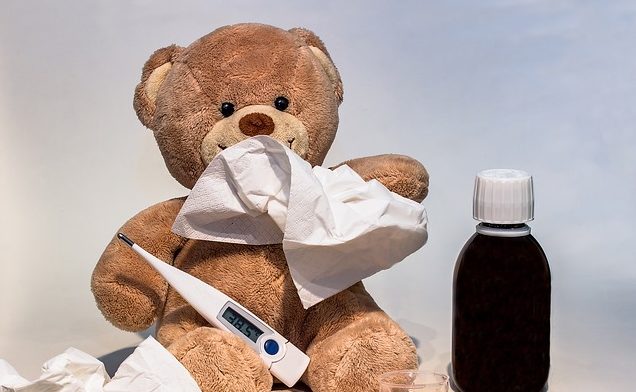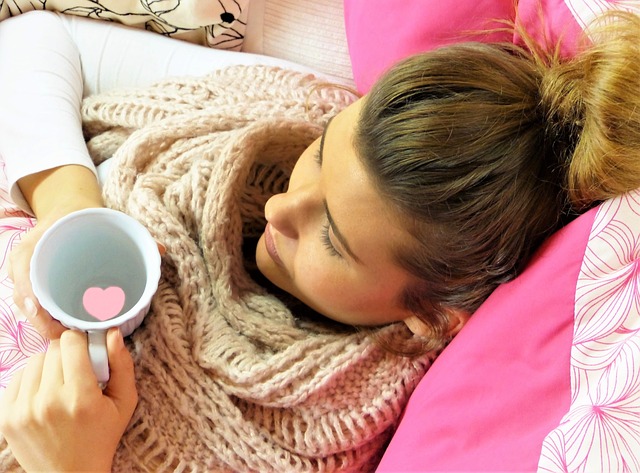Tips on Getting Over a Cold, Fast!

Cough. Sneeze. Sniffle. You have a cold. To be more exact, a rhinovirus – the cause of most of our common colds. Colds disrupt millions, if not billions, of working and school days every year. They are spread by sneezing and coughing, which spread the virus into the air and onto surfaces. Sneeze into your hands (without a tissue) and you can then spread the virus to doorknobs and anything else you touch. With so many ways to catch a cold, you are bound to get one this year. When it happens, what can you do? Here’s some tips on getting over a cold, FAST!
Stay home
For the first few days, when you are feeling at your worst, you are also most likely to infect people around you. Stay home! I don’t want your cold and neither do your friends and colleagues. Besides, if you have all those symptoms, you aren’t doing your best work anyway. Better to stay in bed and rest, you can get better faster.
Hot liquids
Tea, hot water with lemon and ginger, chicken soup: all can help you feel better. The heat soothes your throat and the steam helps loosen the mucus in your nose, sinuses and chest. There’s even a scientific study showing that chicken soup is good for a cold; it has anti-inflammatory effects. Drink lots of hot liquids, and steam up the bathroom and breathe in the steam. All will help you feel better so you can do more of the next important thing: sleep.

Sleep
A good night’s sleep is important whether you’re sick or well. Getting enough sleep reduces your chances of getting a cold in the first place. When you have a cold, sleep is important for recovery. Your body rests and your immune system fights the virus. Plus you don’t notice how miserable you feel. So give yourself a break, get into bed and sleep.
Should you take cold medicine?
When all you have is a cold, caused by a virus, antibiotics will not help, and a responsible physician won’t prescribe them. Antibiotics (penicillin and the like) work against bacteria, not viruses.
Symptom relievers like decongestants, pain relievers, and cough suppressants can help with symptoms, but don’t do anything about the virus. Aspirin or another anti-inflammatory can bring down a fever or relieve a headache, and you can take some if they help you feel better. Follow the label directions closely.
What about echinacea, zinc, high-dose Vitamin C and herbal remedies? There’s no firm medical consensus on most of them. If Zinc lozenges make your throat feel better, they probably won’t hurt, as long as you don’t take too many. Whether they actually help is still open to question. Same for echinacea and high doses of Vitamin C.
Medicinal discovery, It moves in mighty leaps,
It leapt straight past the common cold, and gave it us for keeps.
Pam Ayres

When to call the doctor
Most of the time, a few days in bed with sleep and plenty of soup is enough to cure your cold. However, if your symptoms are very severe or last longer than a few days, your sinuses are painful, or you have an underlying illness that makes it hard for your immune system to fight the cold, call your doctor’s office for advice.
Be patient, it will pass
The hardest part about getting over a cold can be giving yourself permission to rest. Staying home is better for your and for the people around you: we don’t want your cold either! Most of the time you’ll be back on your feet at full strength in just a few days.

